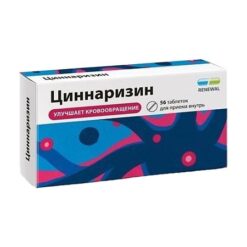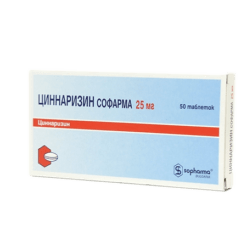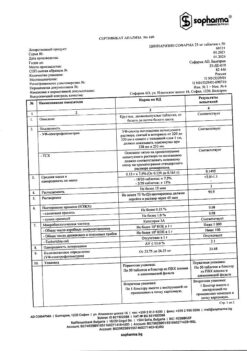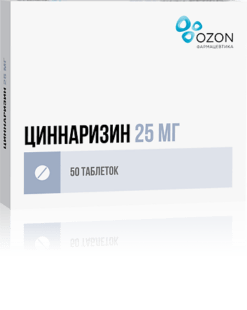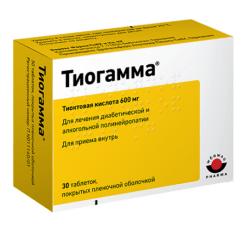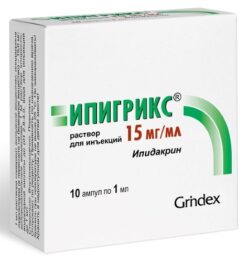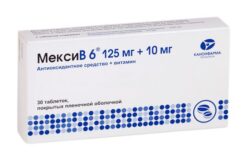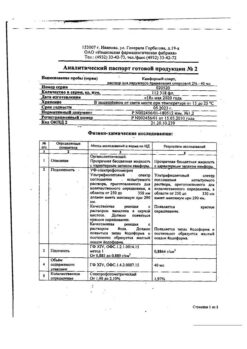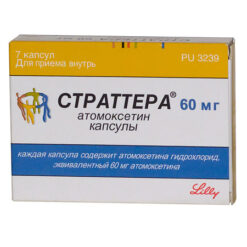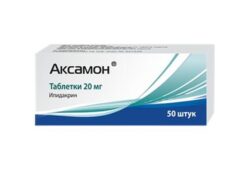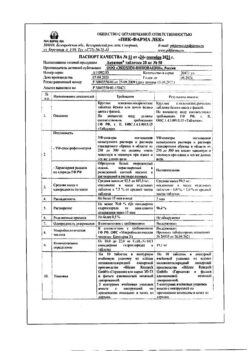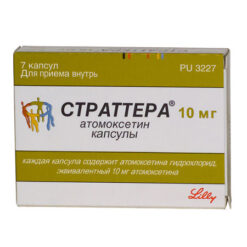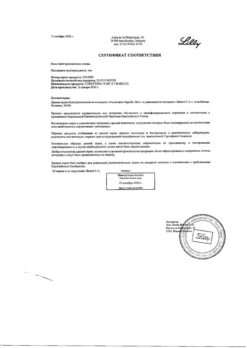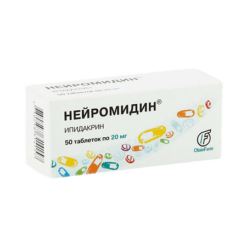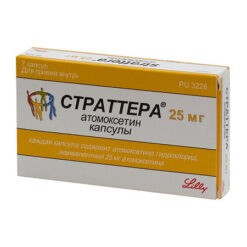No products in the cart.
Cinnarizin, tablets 25 mg 50 pcs
€1.00
Out of stock
(E-mail when Stock is available)
Description
Cinnarizine improves cerebral and peripheral blood flow by inhibiting the action of a number of endogenous vasoconstrictors and the flow of calcium ions into cells through blockade of “slow” voltage-dependent calcium channels. It has a vasodilator effect especially on cerebral vessels without significant effect on BP. It increases elasticity of erythrocyte membranes and their ability to deform, reduces blood viscosity, increases muscle resistance to hypoxia. It has moderate antihistamine activity, reduces the excitability of the vestibular apparatus, reduces the tone of the sympathetic nervous system.
Pharmacokinetics< br> Absorbed relatively slowly in the gastrointestinal tract. Cmax in plasma is reached 1-3 hours after oral administration. Binds to plasma proteins by 80% and to erythrocytes by 13%. Distribution in tissues is more intense within 4 hours after administration. Completely metabolized in the liver, mainly by N-dealkylation. T1/2 is 3-6 hours, excreted as metabolites: 1/3 – by the kidneys and 2/3 – with the feces.
Indications
Indications
Active ingredient
Active ingredient
Composition
Composition
Active ingredient: 25 mg cinnarizine
How to take, the dosage
How to take, the dosage
In patients with disorders of cerebral circulation the drug is prescribed in 25 mg 3 times a day.
In peripheral circulation disorders Cinnarizine is used 50-75 mg 3 times a day.
In case of motion sickness, 25 mg of Cinnarizin is taken for prophylactic purposes.
The maximum daily dose is 225 mg (9 tablets).
Children aged 6-12 years are given half the adult dose.
The drug should be taken after meals.
Interaction
Interaction
When using Cinnarizin and ethanol (or ethanol-containing drugs), hypotensive, nootropic and vasodilators, other drugs with CNS depressant effect (tricyclic antidepressants, sleeping pills, sedatives) together, their action is increased.
Special Instructions
Special Instructions
Cinnarizine may cause gastric discomfort. Taking the tablets after meals reduces irritation of the gastric mucosa.
Patients suffering from Parkinson’s disease should be prescribed cinnarizine only if its benefits exceed the possible risk of deterioration.
Patients older than 65 years with a family history or clinical symptomatology of extrapyramidal disorders should be under constant medical supervision.
In persons prone to BP decrease (hypotension), it is necessary to monitor BP values during treatment.
Cinnarizine may cause false positive reaction during antidoping tests in athletes.
During long-term use it is recommended to perform control examination of liver function, renal function, peripheral blood picture.
Due to its antihistamine effects cinnarizine may lead to false negative results in skin hypersensitivity tests. Treatment with cinnarizine should be discontinued 4 days prior to studies.
Contraindications
Contraindications
Side effects
Side effects
Possible: drowsiness, dry mouth, dyspeptic symptoms, allergic reactions in the form of skin rash.
Overdose
Overdose
Symptoms: vomiting, drowsiness, decreased AD, tremor, coma.
Treatment: in cases of overdose – gastric lavage, activated charcoal. Symptomatic means are used. There is no specific antidote.
Similarities
Similarities
Additional information
| Shelf life | 2 years |
|---|---|
| Conditions of storage | In a dry, light-protected place |
| Manufacturer | Biosintez, Russia |
| Medication form | pills |
| Brand | Biosintez |
Other forms…
Related products
Buy Cinnarizin, tablets 25 mg 50 pcs with delivery to USA, UK, Europe and over 120 other countries.



